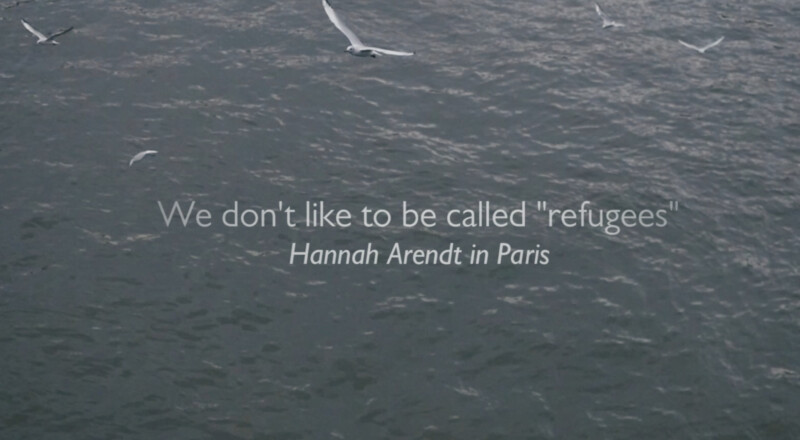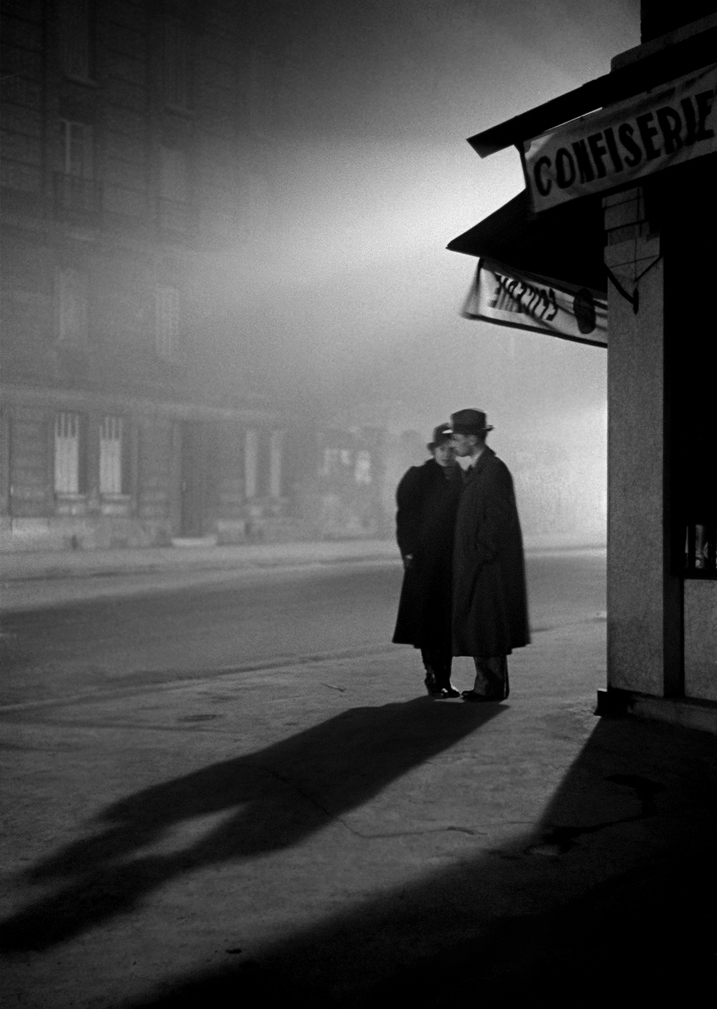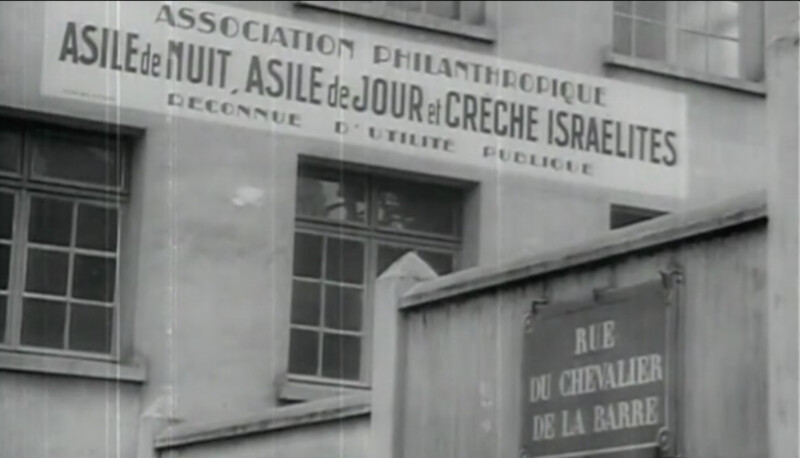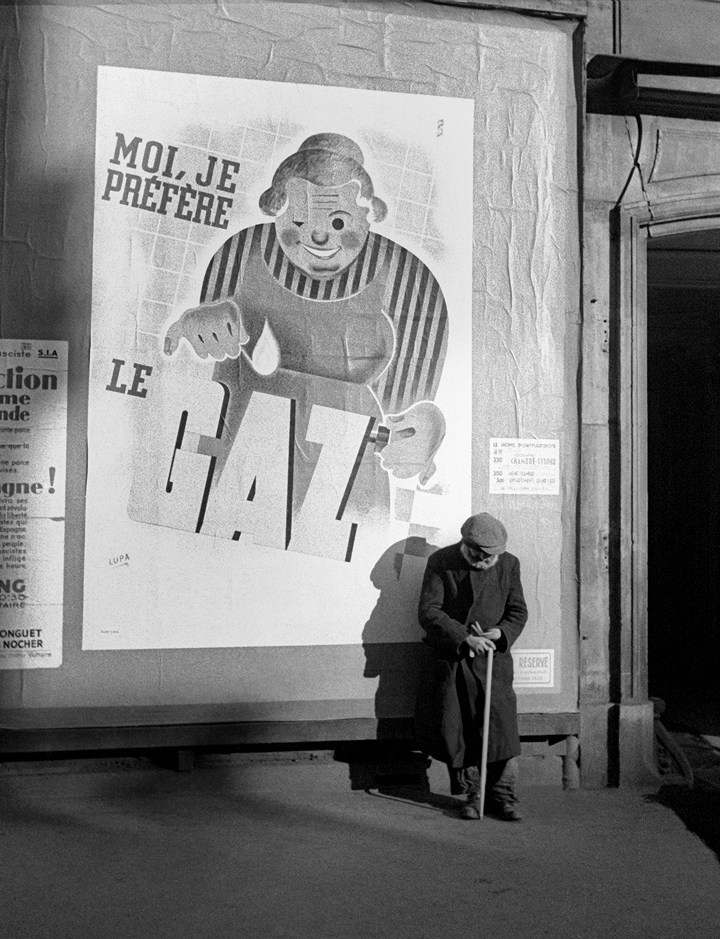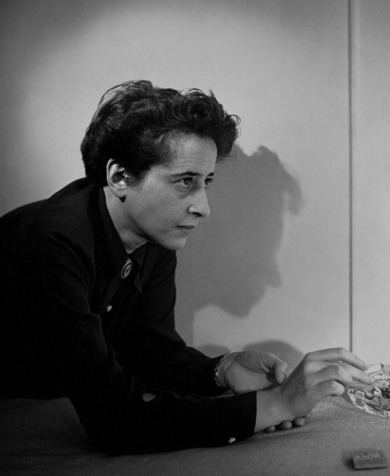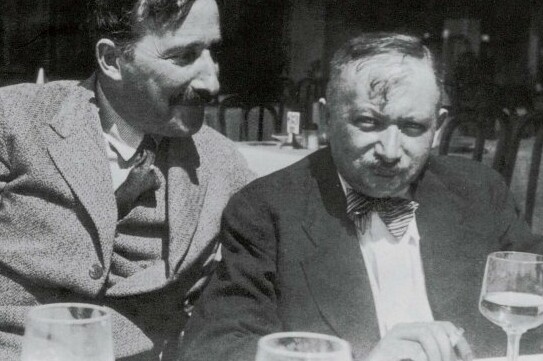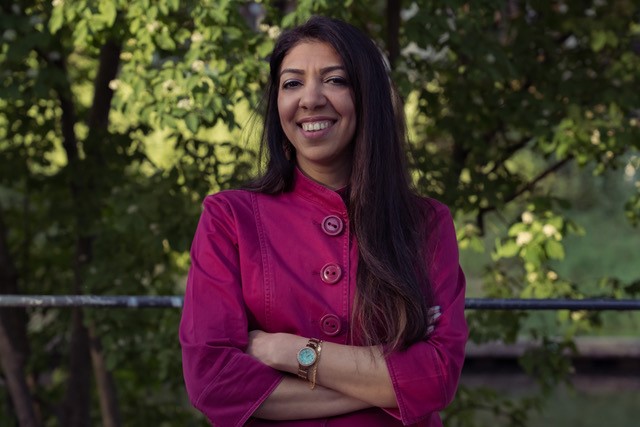The writer and journalist Paul-Adolphe Löffler (1901-1979) fled to Paris in 1924 to escape the fascist regime in Hungary. Löffler had joined the communist youth in 1918. After the fall of Béla Kun’s government, he lived for a short time in the uncertainty of denunciation to Horthy’s police in Budapest. Paul-Adolphe Löffler had to leave his wife Ilonka and his son Michel behind in Budapest during his hasty escape – a neighbor had denounced him because of his proximity to communist circles – and they moved in with him in the French capital a short time later. Life in Paris was marked by low-paid, often casual jobs in a wide variety of industries due to the political-economic effects of the economic crisis and by the uncertainties of the interwar period.
In his diary Journal de Paris d’un exilé (Paris Diary of a Refugee), Paul-Adolphe Löffler describes the everyday privations and worries, the recurring hopeless phases of unemployment, growing xenophobia and anti-Semitism, and the political and social exclusion of the many thousands of foreign workers in France. Equally present is his membership in various organizations and writers’ circles. In 1934 he became a member of the French Communist Party and was active in various posts for the Hungarian-Diasporic movement “Mouvement du 1er septembre” (later “Mouvement pour la Paix et la Liberté”). Between 1930 and 1935 his life is marked by long periods of unemployment and related misery and depression. In 1935 he found a long-term job as a draftsman in Paris, which he continued until his retirement.
In 1973, Löffler published his diary, which is presumably based on Hungarian and French fragments from the period between 1924 and 1939, as well as memories added later and edited before publication. The diary ends with the year 1939, when Löffler joins the Resistance against the German occupation of France, including distributing the underground press and organizing secret meetings in the Seine-et-Marne region.
Based on:
Löffler, Paul-Adolphe, 1974: Journal de Paris d’un exilé (1924-1939).
Script: Afsaneh Salari
Camera: Afsaneh Salari, Joëlle Abou Chabké
Director’s Assistant: Joëlle Abou Chabké
Voice Over: Kristof Pap
Editing: Afsaneh Salari
Sound Design and Mix: Hirad Alavifard
Original Music: Taha Amadeh
Music Extract: Hungarian Rhapsody No. 2 by Franz Liszt
Translation: Miriam Schulz
Special Thanks: Hamedreza Izadpanah, Bálint Pap, Hoda Siahtiri, Sepand Saedi
